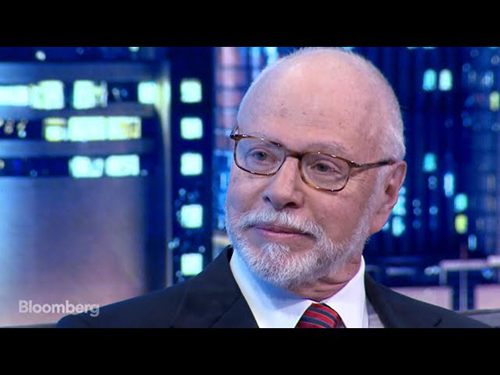|
Getting your Trinity Audio player ready...
|
By: Don Driggers
West Palm Beach-based activist hedge fund Elliott Management has been making strategic moves over the past few months to acquire a significant stake in low-cost airline Southwest Airlines, pushing for a dramatic leadership overhaul. Elliott, led by renowned activist investor Paul Singer, now owns over 10% of Southwest shares, a position that allows it to call special shareholder meetings and apply substantial pressure on management. According to the Associated Press, Elliott’s goal is clear: to rectify what it considers managerial failings that have hindered the airline’s profitability in recent years.
Elliott’s Mission and Strategy
Elliott Management’s activism is rooted in restructuring companies it believes are underperforming due to management inefficiencies. The firm has sent multiple communications to Southwest shareholders, asserting that under the current executive team, including CEO Bob Jordan, Southwest is unlikely to achieve sustainable profitability. In recent statements to shareholders, Elliott not only criticized the current leadership but also provided a list of proposed replacements for Jordan and suggested new appointees for the board. This bold move underscores Elliott’s commitment to reshaping Southwest’s leadership and long-term strategy.
Southwest attempted to appease Elliott’s demands earlier this fall. On September 10, Southwest’s Chairman and former CEO Gary Kelly announced his resignation, and the airline proposed a board revamp with four new director candidates. However, CBS News reports that these measures fell short for Elliott. The hedge fund’s leadership, including partner John Pike and portfolio manager John Xu, continued to advocate for deeper executive changes. On September 24, they made their stance clear, with Pike stating, “The need for change is urgent, and our request for a special meeting may come as soon as next week.”
Southwest’s Counterattack: Rallying New Support
Despite Elliott’s mounting pressure, Southwest is not backing down. The airline has strengthened its defense with the appointment of Rakesh Gangwal, the founder of India’s low-cost carrier giant IndiGo, to its board of directors. Gangwal’s recent $100 million investment in Southwest shares underscores his confidence in the airline’s management and its strategy. In a statement published by Benzinga, Gangwal voiced his support for Southwest’s leadership, positioning himself as a critical figure in the company’s resistance against Elliott’s agenda.
In its response, Southwest has criticized Elliott for its uncompromising stance and unwillingness to collaborate. The airline’s statements emphasize three main points:
Efforts to Collaborate: Southwest claims it has made considerable efforts to work with Elliott, including numerous discussions between key figures on both sides.
Premature Conclusions: According to Southwest, Elliott dismissed the airline’s strategic plan without a fair evaluation, pushing instead for immediate leadership changes.
Obstructive Tactics: Southwest also claims that Elliott has prevented its board nominees from engaging with the existing board, hindering any potential for a collaborative approach.
As Southwest and Elliott Management brace for what could become a lengthy power struggle, the airline faces increasing pressure to navigate these challenges without losing sight of its operational goals.





